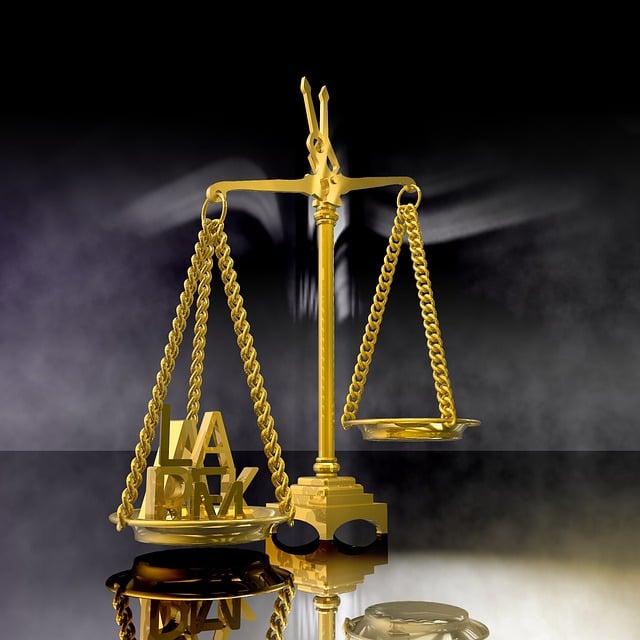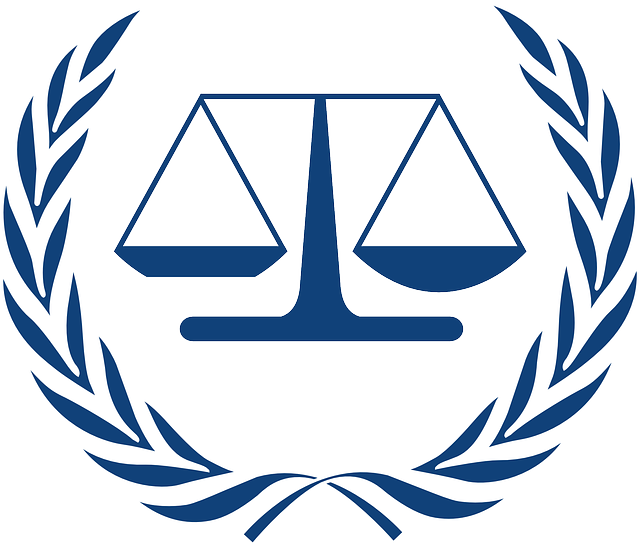C-Level Investigations and Personal Injury Claims Without a Lawyer involve meticulous processes to address executive misconduct, systemic issues, and potential criminal behavior, with emphasis on evidence gathering, legal frameworks, and compliance measures. While DIY approaches are possible for complex personal injury claims, engaging specialized tort law attorneys significantly improves outcomes, ensuring justice and fair compensation. Efficient process management is crucial in high-stakes cases, involving detailed data collection, expert management, and understanding investigative stages to navigate complex financial records and deadlines. Consulting legal professionals offers invaluable guidance for informed decision-making in such cases.
In the dynamic landscape of legal proceedings, C-Level investigations play a pivotal role in resolving complex cases. When personal injury claims arise without legal representation, understanding the intricacies becomes paramount. This article delves into an extensive overview, guiding readers through the process from start to finish. We explore efficient strategies for launching investigations, navigating complexities, and resolving issues without a lawyer. By employing these insights, individuals can confidently manage their cases, ensuring fair outcomes in personal injury scenarios.
- Understanding C-Level Investigations: An Overview
- When Personal Injury Claims Arise Without Legal Help
- Launching an Efficient and Effective Investigation Process
- Navigating Complexities: Resolving Without a Lawyer
Understanding C-Level Investigations: An Overview

C-Level Investigations refer to the meticulous and comprehensive probe into high-level corporate or executive misconduct, often in response to allegations of fraud, embezzlement, or other serious violations. These investigations are crucial in ensuring accountability and upholding ethical standards within organizations. Unlike a Personal Injury Claim Without a Lawyer, which typically involves individual rights and compensation, C-Level Investigations focus on systemic issues and potential criminal activity at the top management level.
The process encompasses all stages of the investigative and enforcement process, from gathering initial evidence to presenting findings before regulatory bodies or courts. The goal is not merely to uncover wrongdoing but also to ensure a complete dismissal of all charges against innocent parties and to prevent future occurrences through stringent compliance measures. High-stakes cases demand meticulous handling, as they often carry significant legal, financial, and reputational implications for the organizations involved.
When Personal Injury Claims Arise Without Legal Help

When personal injury claims arise without legal help, navigating the complexities of the justice system can be daunting. Many victims find themselves overwhelmed by the process, leading to potential pitfalls like missed deadlines and inadequate compensation. Without the guidance of a seasoned lawyer, individuals may fall victim to insurance company tactics aimed at minimizing payouts. This is particularly concerning in cases involving serious injuries or wrongful death, where the stakes are highest.
Avoiding indictment in such scenarios requires meticulous attention to detail and an understanding of legal procedures. While some people attempt to handle these claims independently, a general criminal defense strategy is not always effective for personal injury cases. Across the country, legal professionals specialized in tort law have successfully helped countless clients secure fair settlements. Engaging a lawyer early can significantly improve outcomes, ensuring victims receive the justice and compensation they deserve.
Launching an Efficient and Effective Investigation Process

When a C-Level investigation is launched, it’s crucial to establish an efficient and effective process right from the start. This ensures that every detail is meticulously uncovered, providing robust evidence for any potential Personal Injury Claim Without a Lawyer. A well-structured approach involves systematic data collection, expert witness management, and a clear understanding of all stages of the investigative and enforcement process.
The complexity often increases in high-stakes cases where precise navigation through intricate financial records and legal frameworks is imperative. Skilled investigators must be adept at gathering compelling evidence while adhering to stringent deadlines. This ensures that the investigation remains on track, providing a solid foundation for any subsequent legal actions or negotiations for his clients.
Navigating Complexities: Resolving Without a Lawyer

Navigating complexities in legal matters, especially when it comes to personal injury claims, can seem daunting. However, many successful outcomes are achieved without a lawyer’s assistance. For individuals pursuing a personal injury claim, understanding the process and gathering evidence independently can be powerful tools. This is particularly relevant when dealing with white-collar and economic crimes, where nuances in business practices and transactions may need to be scrutinized.
By delving into their respective businesses and legal rights, claimants can uncover crucial details that strengthen their cases. Achieving extraordinary results often requires persistence and a thorough understanding of the law. While it may not always be necessary to hire a lawyer, seeking guidance from legal professionals who specialize in personal injury claims without a lawyer’s intervention can provide invaluable insights, ensuring a well-informed decision-making process.
C-Level investigations, especially in personal injury claims without legal help, require a structured approach. By understanding the overview and navigating complexities effectively, organizations can resolve these cases efficiently. Launching an efficient investigation process not only saves time but also ensures fair outcomes. Remember that, while launching such inquiries, the goal is to foster a resolution without a lawyer, streamlining the process for all involved parties.






